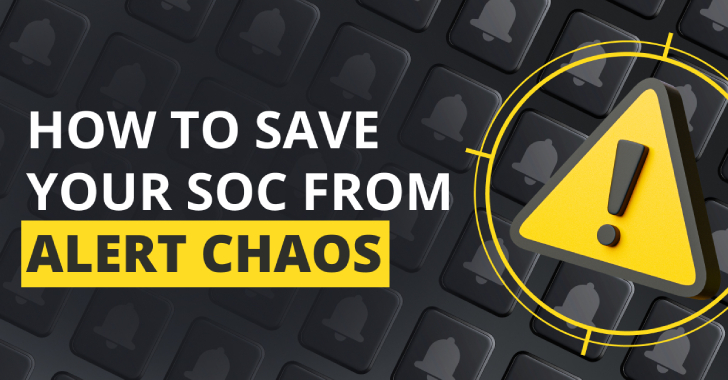
A Checklist of HIPAA Requirements
The Health Insurance Portability and Accountability Act (HIPAA) was enacted in 1996 to ensure the privacy and security of individuals’ health information. HIPAA compliance is crucial for healthcare providers, health plans, and any other entities that handle protected health information (PHI). To help organizations navigate the complex landscape of HIPAA requirements, we have compiled a checklist of key obligations that must be met to maintain compliance.
- Understand the Scope of HIPAA: Familiarize yourself with the different components of HIPAA, including the Privacy Rule, Security Rule, Breach Notification Rule, and the Omnibus Rule. Understanding the specific requirements of each rule is essential to ensure comprehensive compliance.
- Appoint a Privacy and Security Officer: Designate a privacy and security officer who will be responsible for overseeing HIPAA compliance. This individual will be the primary contact for all compliance-related matters and should have a thorough understanding of HIPAA requirements.
- Conduct a Risk Analysis: Perform a comprehensive risk analysis to identify potential vulnerabilities in your organization’s systems and networks that could expose PHI. This analysis will help you understand the security risks and develop appropriate safeguards to mitigate them.
- Develop and Implement Policies and Procedures: Create policies and procedures that address the Privacy Rule and the Security Rule requirements. These policies should include guidelines for handling and safeguarding PHI, employee training, authorization processes, access controls, and breach response plans.
- Provide Employee Training: Ensure that all employees receive regular training on HIPAA regulations and the organization’s policies and procedures for safeguarding PHI. Training sessions should cover the importance of privacy and security, the proper handling of PHI, and the steps to take in the event of a breach.
- Maintain Business Associate Agreements: If your organization works with third-party vendors or contractors who have access to PHI, establish and maintain business associate agreements (BAAs). These agreements outline the responsibilities of each party and ensure that all business associates comply with HIPAA regulations.
- Implement Access Controls: Restrict access to PHI to authorized personnel only. Implement strong user authentication measures, including unique usernames and passwords, role-based access controls, and periodic access reviews. Regularly monitor and audit access logs to identify any unauthorized access attempts.
- Encrypt and Secure PHI: Employ encryption and other security measures to protect PHI during transmission and storage. This includes using secure communication channels, encrypting data at rest, and implementing strong security controls to prevent unauthorized access or data breaches.
- Conduct Regular Audits and Assessments: Perform regular internal audits and assessments to evaluate your organization’s compliance with HIPAA requirements. These audits should identify any vulnerabilities or gaps in processes and procedures and address them promptly.
- Develop an Incident Response Plan: Establish an incident response plan to handle data breaches or security incidents effectively. This plan should detail the steps to be taken when a breach occurs, including notification procedures, containment measures, and steps to mitigate any damage or harm to individuals.
- Monitor and Respond to Breaches: Implement mechanisms to detect and respond to breaches in a timely manner. Promptly investigate any suspected breaches and follow the breach notification requirements outlined in the Breach Notification Rule.
- Maintain Documentation: Keep thorough and up-to-date documentation of all HIPAA compliance efforts. This includes policies and procedures, risk analysis reports, training records, incident response plans, and business associate agreements. This documentation serves as evidence of your organization’s commitment to compliance.
- Conduct Periodic External Audits: Consider contracting with a third-party auditor to conduct periodic external audits of your organization’s HIPAA compliance. An external audit provides an unbiased assessment of your compliance efforts and helps identify any areas that require improvement.
- Stay Updated with Changes: Stay informed about any updates or modifications to HIPAA regulations. Subscribe to relevant newsletters or publications and regularly review guidance provided by the Department of Health and Human Services (HHS) to ensure that your compliance efforts reflect the most current requirements.
- Respond to Investigations and Audits: Be prepared to respond to any investigations or audits conducted by the HHS Office for Civil Rights (OCR). Cooperate fully and provide requested documentation and information promptly. Address any identified issues or violations and demonstrate a commitment to remedying the situation.
In conclusion, adhering to HIPAA requirements is vital for maintaining the privacy and security of individuals’ health information. By implementing the checklist above, organizations can establish a strong foundation for HIPAA compliance, protect sensitive data, and maintain the trust and confidence of patients and clients.
Contact Cyber Defense Advisors to learn more about our HIPAA Compliance solutions.





